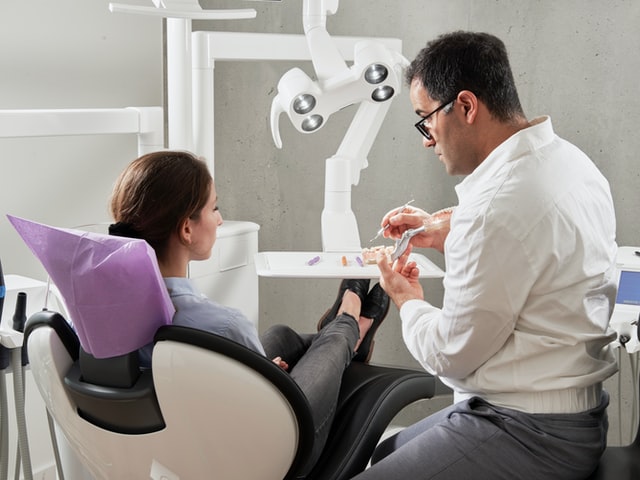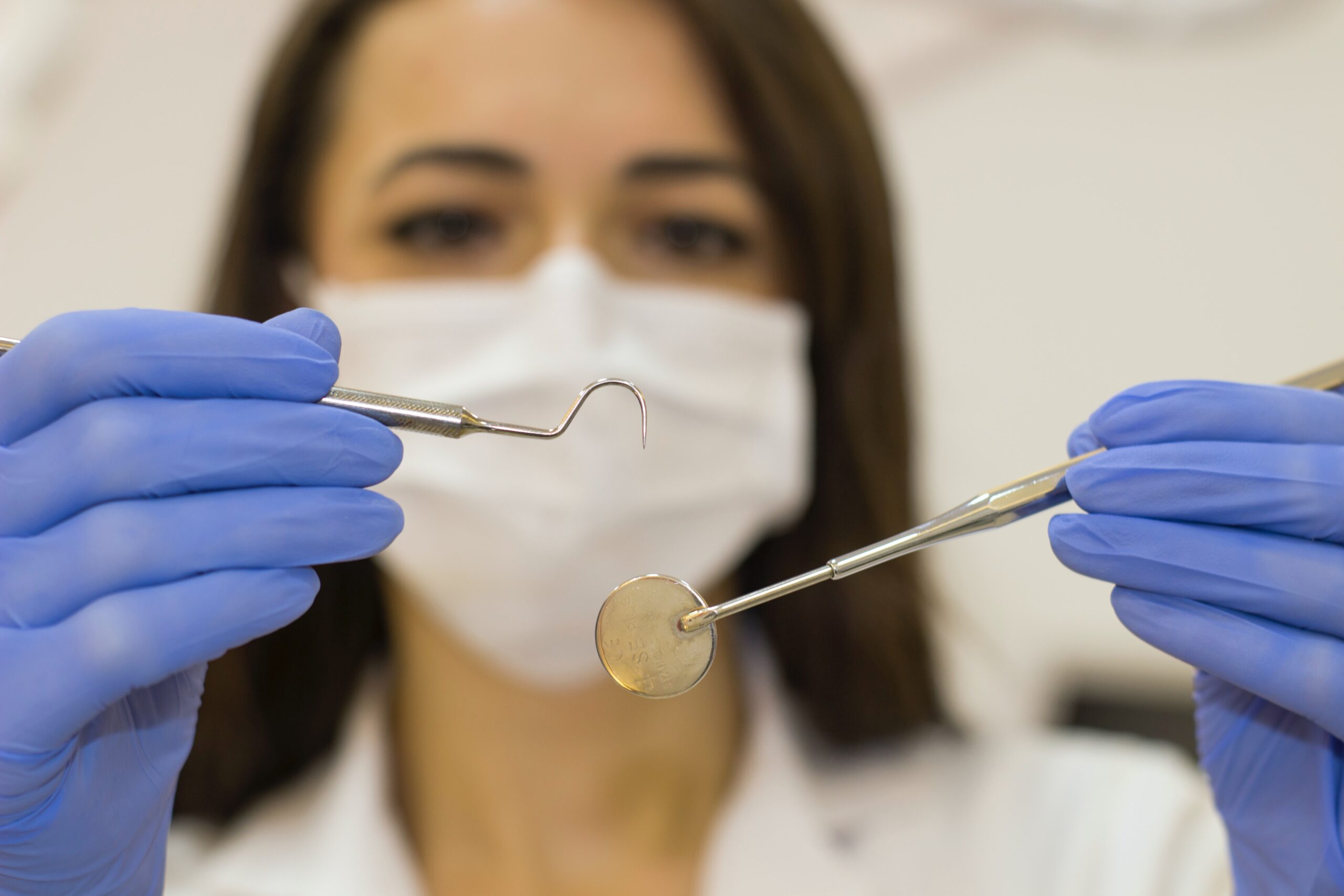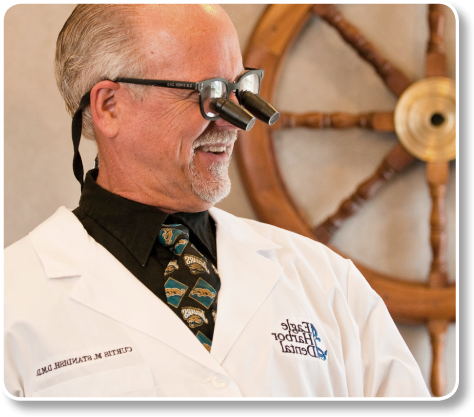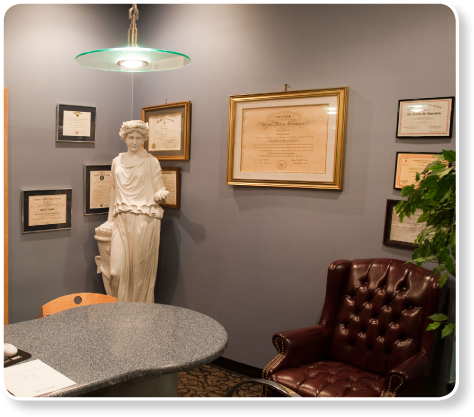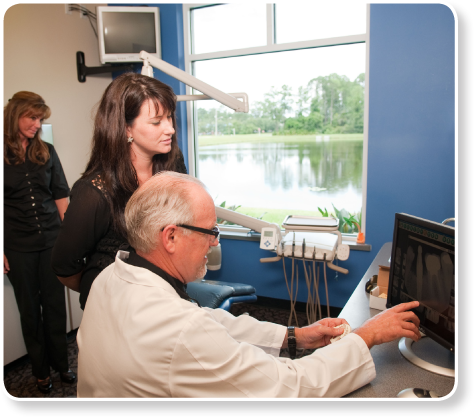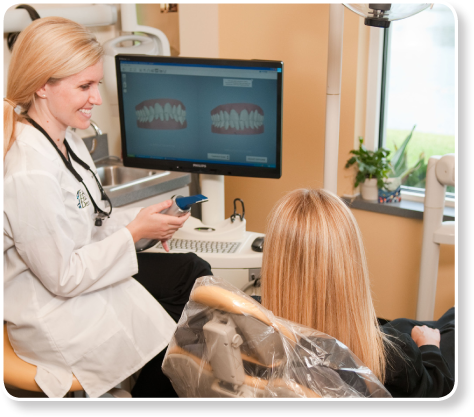Tips for Overcoming a Fear of the Dentist
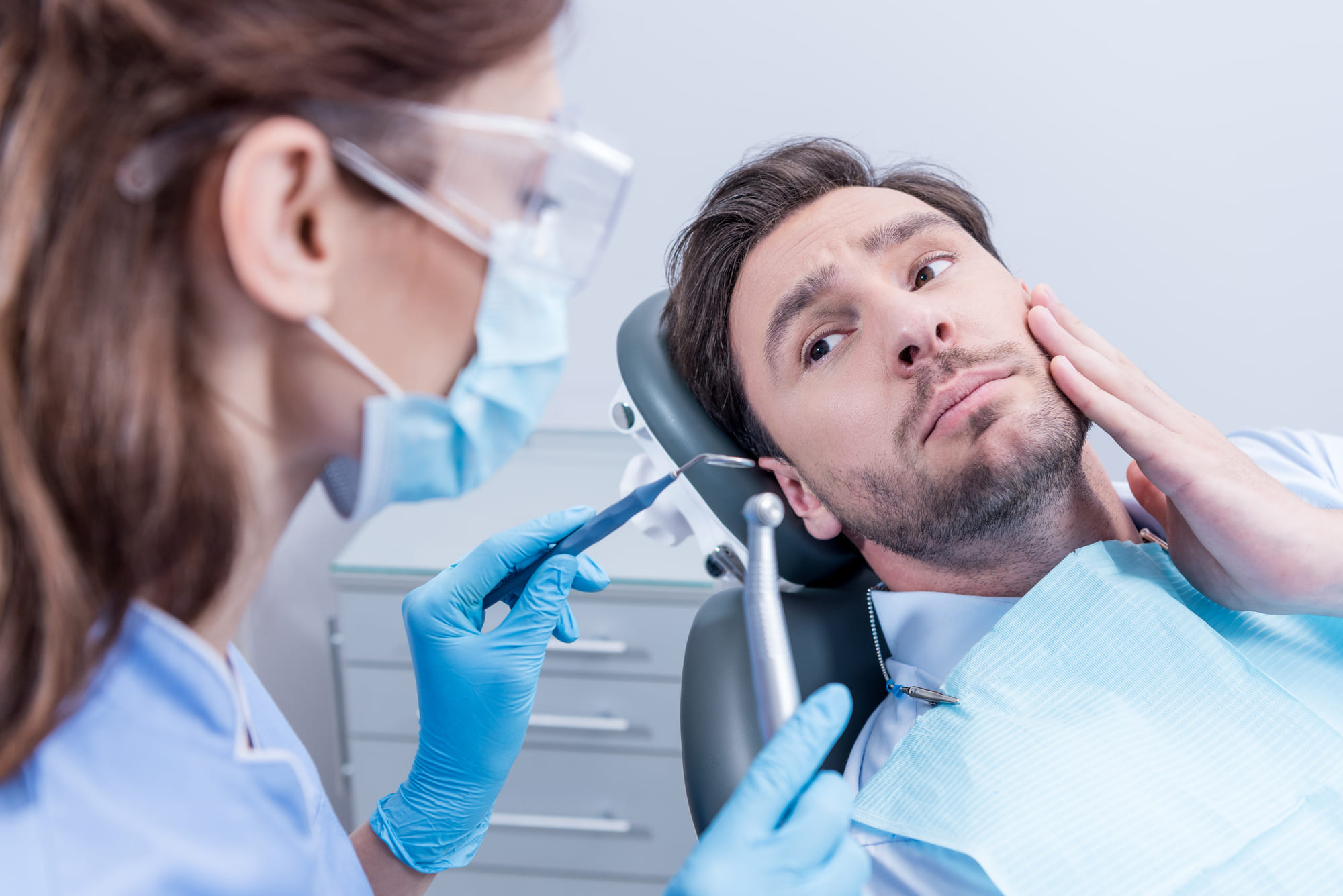
No one looks forward to going to the dentist. For some people, however, it’s more than just a dislike of going to the dentist. Some people, many of whom had a bad experience with a dental procedure, have such severe anxiety or fear of the dentist that they put up with tooth pain and other dental ailments instead of going to the dentist.
Regularly going to the dentist is important for both your oral health and your overall health. Yet millions of people avoid going because they’re afraid. Fear of the dentist even has an official name: dentophobia. But how can you overcome a fear of the dentist?
Go to the Dentist
For a mild fear of the dentist, the best way to get over it is to just go to the dentist. Putting it off will only make the anxiety about it worse. For people with more severe fears or even phobias of the dentist, just going to the dentist may not be an option and other techniques may be needed.
Talk to Your Dentist
If you’re too afraid to book an appointment, try talking to your dentist first. The dentist may be able to talk you through some of your fears. They may even be able to put you at ease so you’re more comfortable making the appointment.
Ask to Be Sedated
If you need to have dental work that’s more major than just a cleaning done, you can ask to be sedated during the procedure. Not all dentists may offer this option, so you may want to check and make sure your dentist does offer this service. You may be less nervous if you know that the procedure will be completed while you aren’t even aware it’s happening.
Look for a Dentist that Specializes in Treating Fearful Patients
Some dentists actually specialize in treating patients who are afraid of them. They may talk you through everything they’re doing so there are no unknowns. Some may meet with patients in their office first rather than in the exam room. This may help to give patients who are afraid more of a sense of control over the situation.
Try Exposure Therapy
Exposure therapy can be an effective technique for managing a fear of the dentist. It involves going through the process of going to the dentist in stages. The first step might be to set foot in the waiting room. You can visit however many times you need to in order to get comfortable with just being in the dentist’s office. Then, you can book an appointment for a small portion of a normal visit. You can book partial appointments and get everything taken care of gradually until you’re ready for a full dental visit.
Take Medication
Medication can’t solve a fear of the dentist by itself. However, anti-anxiety medication could help with the symptoms and make it a bit easier to visit the dentist. Combining medication with exposure therapy could help you build up to making an appointment.
Take Someone with You
Many dental practices allow you to bring someone into the exam room with you. If you’re nervous about an appointment, try asking someone you trust to come with you. This person can provide a comforting presence and also help to distract you.
See a Psychologist
If your fear of the dentist is a phobia more than it is nerves, it could be a good idea to see a professional before you try to book an appointment. Talking to a psychologist may help you to learn the root cause of your fear of the dentist. They may also be able to provide you with some techniques to help you calm down at the dentist.
Try Relaxation Techniques
Practice relaxation techniques ahead of time so you can use them while you’re actually at your appointment. These can involve meditation and deep breathing exercises. Another option is to bring noise-canceling headphones with you so that you can’t hear the sounds of the dentists’ tools. Going in the morning can also help with this. To start, you get your appointment over with sooner instead of having to worry about it all day. Plus, there are fewer people there and thus fewer noises of dental tools.
For informational purposes only.

